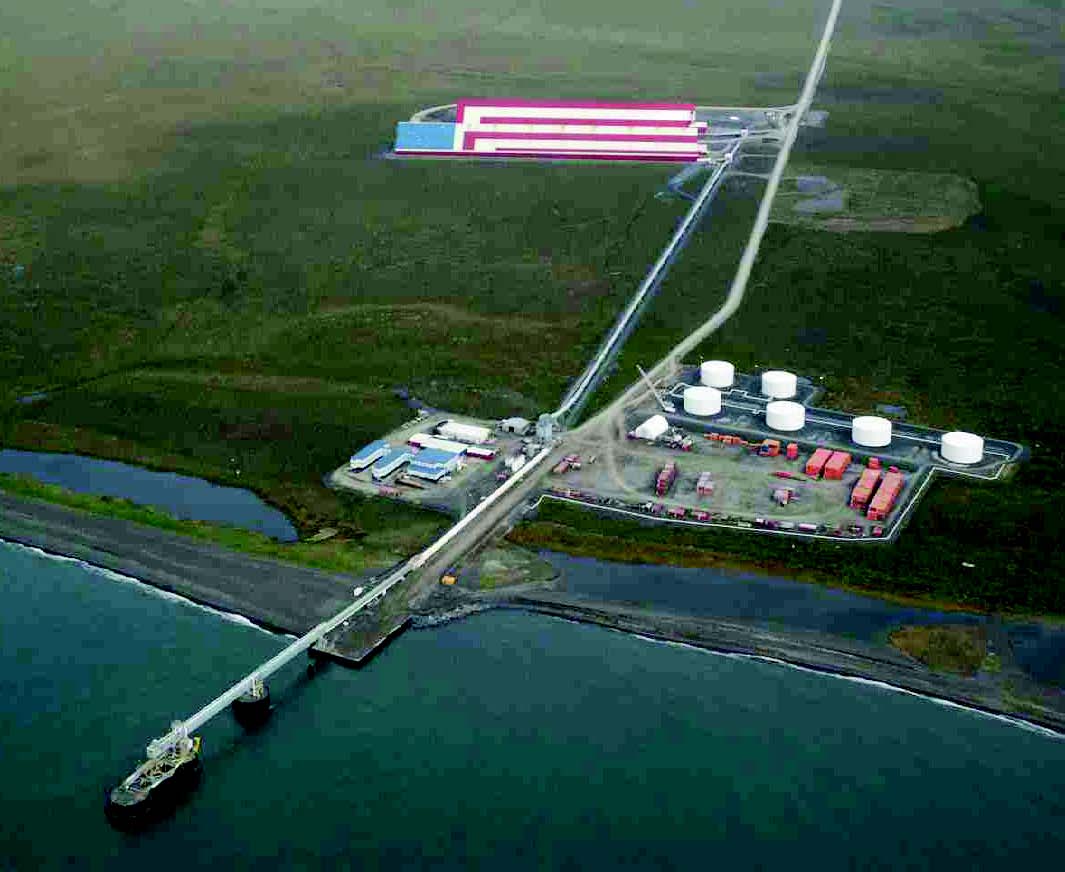RDC, other entities challenge National Ocean Policy
RDC Executive Director Rick Rogers urged the U.S. Senate and House Appropriations committees to craft language in an appropriations bill to limit the adverse impacts of the Obama administration’s National Ocean Policy Executive Order on the Alaskan economy.
Rogers noted Alaskans, with 34,000 miles of coastline, 3,000 miles of rivers, and over three million lakes, have a significant stake in National Ocean Policy, and will be impacted more than other states by it. He said coastal and rural Alaskan communities may become financially devastated by National Ocean Policy implementation.
“With efforts soon to commence to draft legislation funding the federal government for FY 2016, I write to urge the inclusion of language in all appropriations bills to help ensure that continued implementation of the July 2010 National Ocean Policy Executive Order does not create any additional uncertainty or result in new regulatory hurdles,” Rogers said.
The National Ocean Policy directs dozens of federal entities to participate in Coastal and Marine Spatial Planning (CMSP) across the U.S. CMSP is described as a process “to better determine how the ocean, coasts, and Great Lakes are sustainably used and protected,” and the Interior Department has likened CMSP to a “national zoning plan” that “will serve as an overlay” in federal decisions.
Concerns are further heightened given that the geographic coverage of CMSP includes inland bays and estuaries, and upland areas as deemed appropriate by Regional Planning Bodies established to create these plans. There are additional concerns with federal entities setting ocean management priorities associated with marine planning as described in the Executive Order, especially in regions like Alaska that choose not to participate.
In addition to CMSP, the National Ocean Policy requires the federal government to implement Ecosystem-Based Management (EBM), which is described as a “fundamental shift” in how the U.S. manages ocean, coastal, and Great Lakes resources. Among other things, the National Ocean Policy requires dozens of federal entities to incorporate EBM into federal agency environmental planning and review processes by 2016.
Language adopted by the Executive Order states that effective National Ocean Policy implementation would “require clear and easily understood requirements and regulations, where appropriate, that include enforcement as a critical component,” and acknowledges that the policy “may create a level of uncertainty and anxiety among those who rely on these resources and may generate questions about how they align with existing processes, authorities, and budget challenges.”
“In order to ensure that further implementation of the most concerning aspects of an initiative that has not been authorized by Congress does not create additional regulatory uncertainty, result in new regulatory hurdles, or siphon away scarce federal dollars from critical and authorized activities, I respectfully request that all appropriations bills include language stating that ‘None of the funds made available by this Act may be used for further implementation of the coastal and marine spatial planning and ecosystem-based management components of the National Ocean Policy developed under Executive Order 13547,’” Rogers said.
RDC’s broad and diverse membership are aligned in its concern over the negative consequences of unchecked implementation of Executive Order 13547.
Rogers said Alaska and its federal partners have successfully managed the diverse and important uses of marine waters without the need of the additional layer of planning and regulatory oversight envisioned in the Executive Order. He said multiple uses include logistics and shipping, well managed renewable fisheries, offshore oil and gas development, mining, tourism, and sport fishing opportunities.
Including the proposed language in the appropriation bills will provide Congress with an opportunity to more closely examine the National Ocean Policy and the full range of its potential impacts before it is fully implemented, Rogers said.
RDC also signed on to a letter by nearly 70 commercial and recreational groups to the House and Senate Appropriations committees urging the inclusion of language in FY 2016 appropriations bills that would achieve a one-year pause in implementation of the policy’s CMSP and Ecosystem-Based Management components.
The letter’s signatories represent a wide array of commercial and recreational interests across the nation.
Language identical to that requested in the letter has already been included in the FY 2016 Energy & Water bill that would fund entities including the Department of Energy and Army Corps of Engineers, among others. That bill passed the Committee in late April.

Given Alaska has more coastline than the entire Lower 48 combined, the Obama administration’s National Ocean Policy will have a disproportionate impact on Alaska. RDC’s diverse board and membership are aligned in its concerns over the negative consequences of unchecked implementation of the proposed policy. Photo courtesy of Red Dog Mine
Return to newsletter headlines